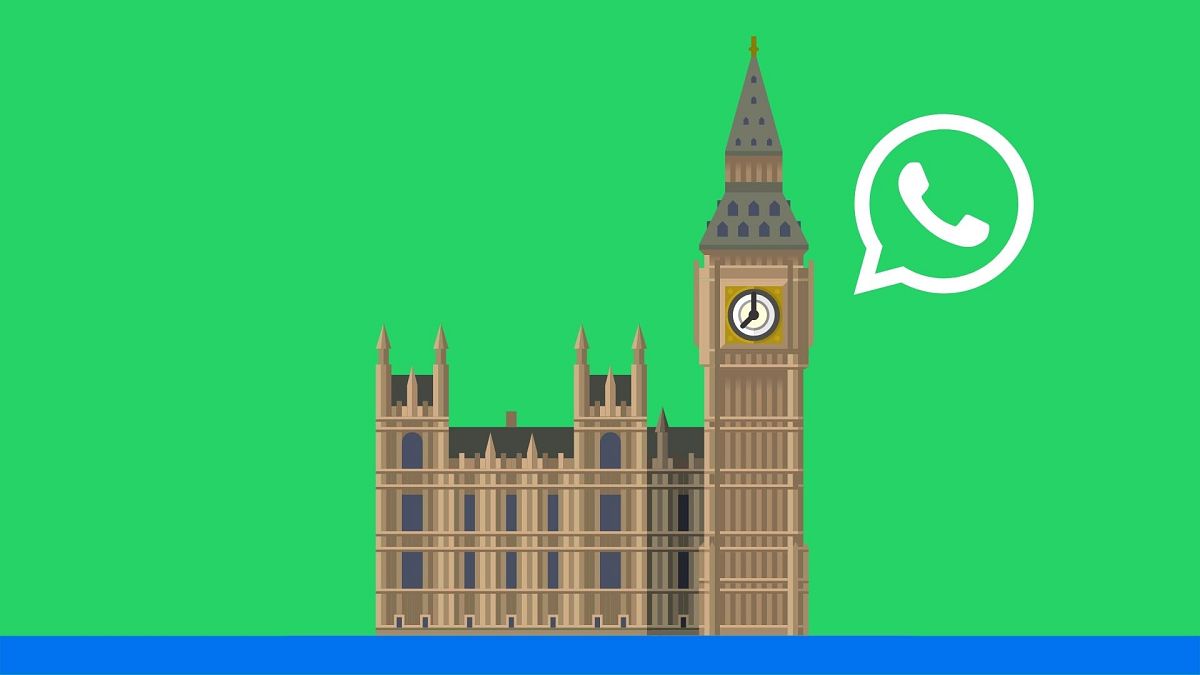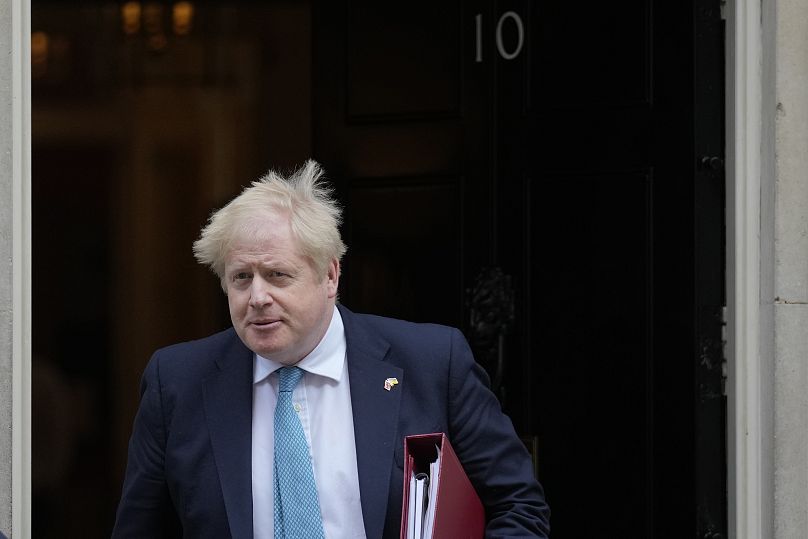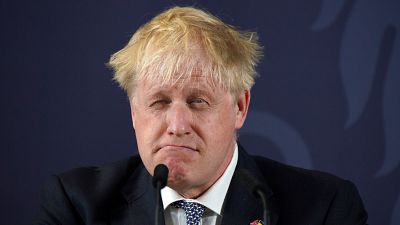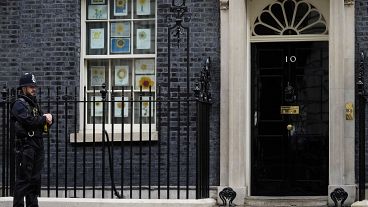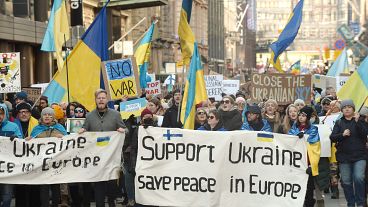Like the rest of us, Boris Johnson's government is using messaging apps more and more. The problem is, they make it too easy to delete important information.
The British government needs to "get a grip" on its WhatsApp usage or risk damaging transparency and public accountability, according to a new report by UK political think tank the Institute for Government (IfG).
The report, published on Wednesday, found that up to 31 per cent of officials in government departments use the Meta-owned messaging app on their work phones.
But while WhatsApp's speed and convenience has brought communication benefits for UK politicians and civil servants, using it for official business can also lead to important decisions being taken more quickly and with less information, and makes record-keeping more difficult, the report said.
"Although departments often have guidance about its use, people we spoke to said there were few processes for actually checking WhatsApp messages during a Freedom of Information [FOI] response, or for ensuring messages are kept for the long-term," the report's author Tim Durrant said on Twitter.
Important messages deleted
The UK government led by prime minister Boris Johnson has been under pressure to make sure apps like WhatsApp, Signal and Telegram are not used to hide information from the public.
On Tuesday, transparency campaigners taking the government to court over its use of messaging apps said that there were "many instances" of key government decisions being communicated in messages that were later deleted.
In one instance noted in the IfG report, a journalist who filed an FOI request for messages relating to a controversial refurbishment of the prime minister's official residence, 10 Downing Street, was told that there were none.
WhatsApp exchanges between Johnson and a Conservative Party donor who oversaw the renovation were later revealed by an official investigation, the report said, highlighting that "the messages existed, but the Cabinet Office procedure to find them was insufficient".
"The government needs to get a grip on how these kinds of apps are being used in government. Ensuring that there is a consistent, managed approach to their use will mean that ministers and officials can be reassured that the benefits of these apps outweigh their disadvantages," Durrant said.
"It will also help ministers tackle the implications of sleaze and corruption that have dogged the Johnson government and accompany any story around the use of WhatsApp," he added.
Fixing the problem
Tackling the problem should start with enforcing rules that ban government ministers from using their personal devices for work, the report suggested.
Government departments should also moderate WhatsApp groups in the same way they would for official meetings or other forms of correspondence, and should establish clear policies on storing messages long term, it said.
"Banning WhatsApp in government is not practical and the app itself is an established part of how we all communicate. But to maintain the legitimacy of its use, the government should take the steps above to ensure that its advantages outweigh its risks," the report concluded.
